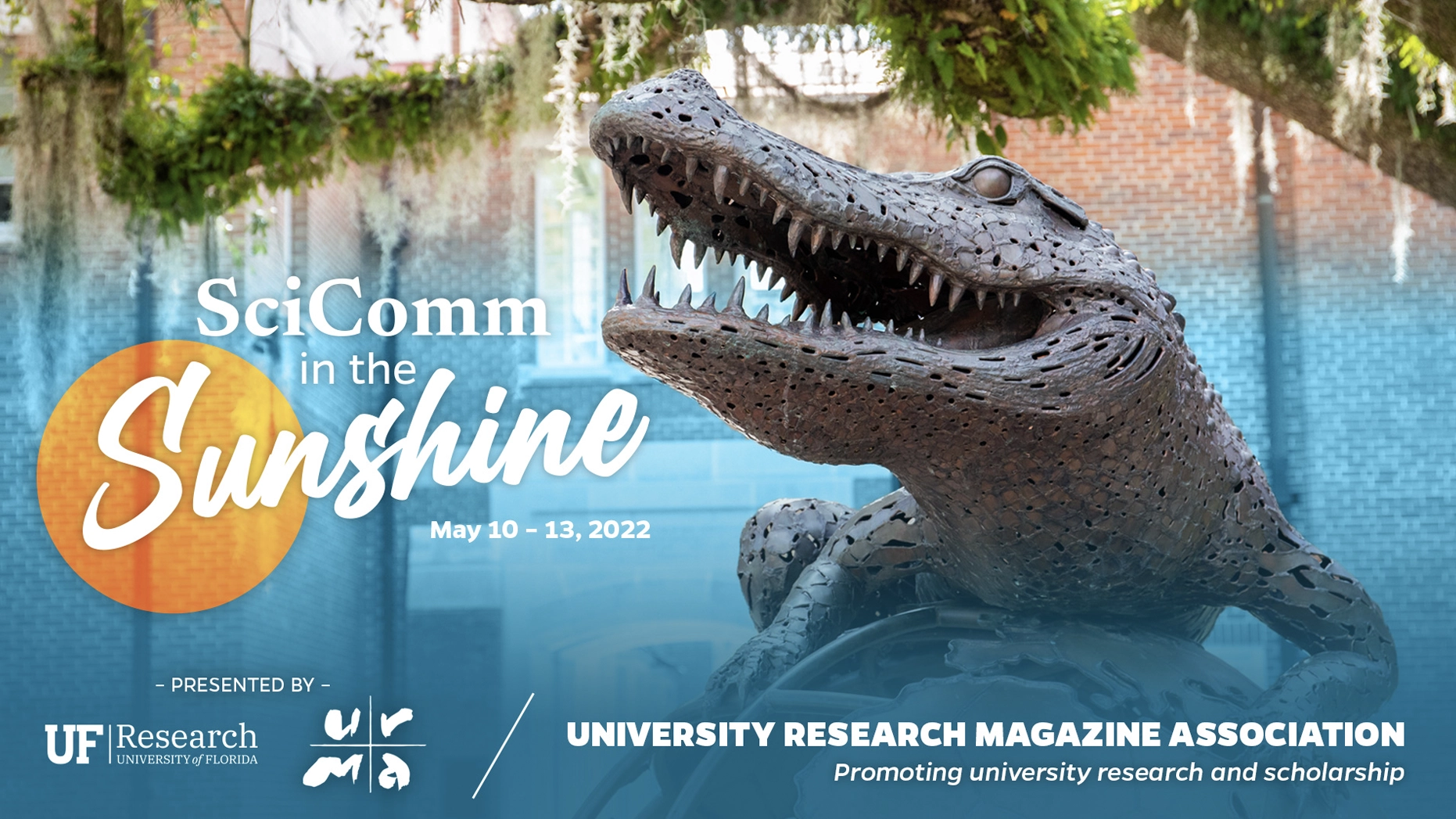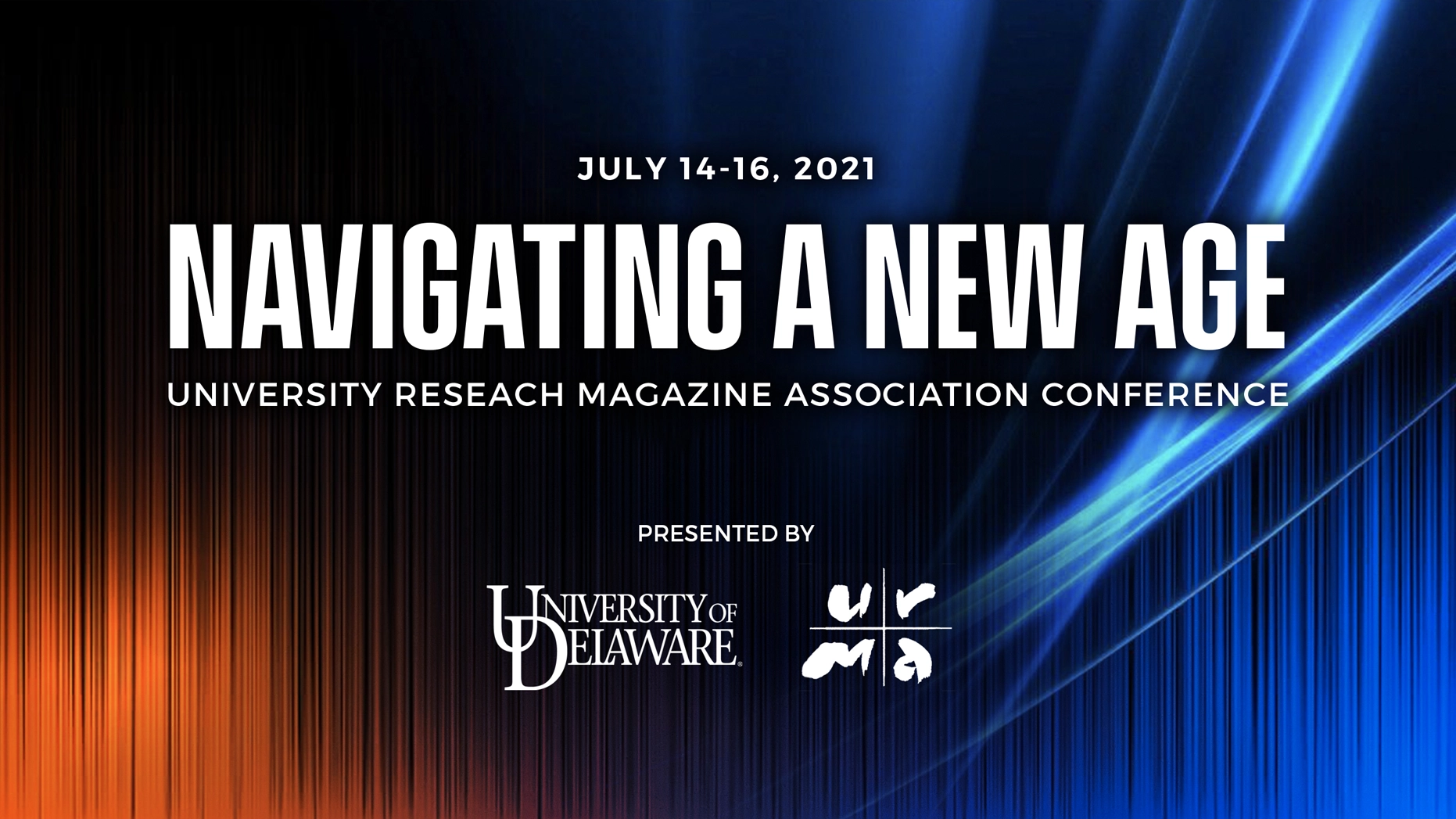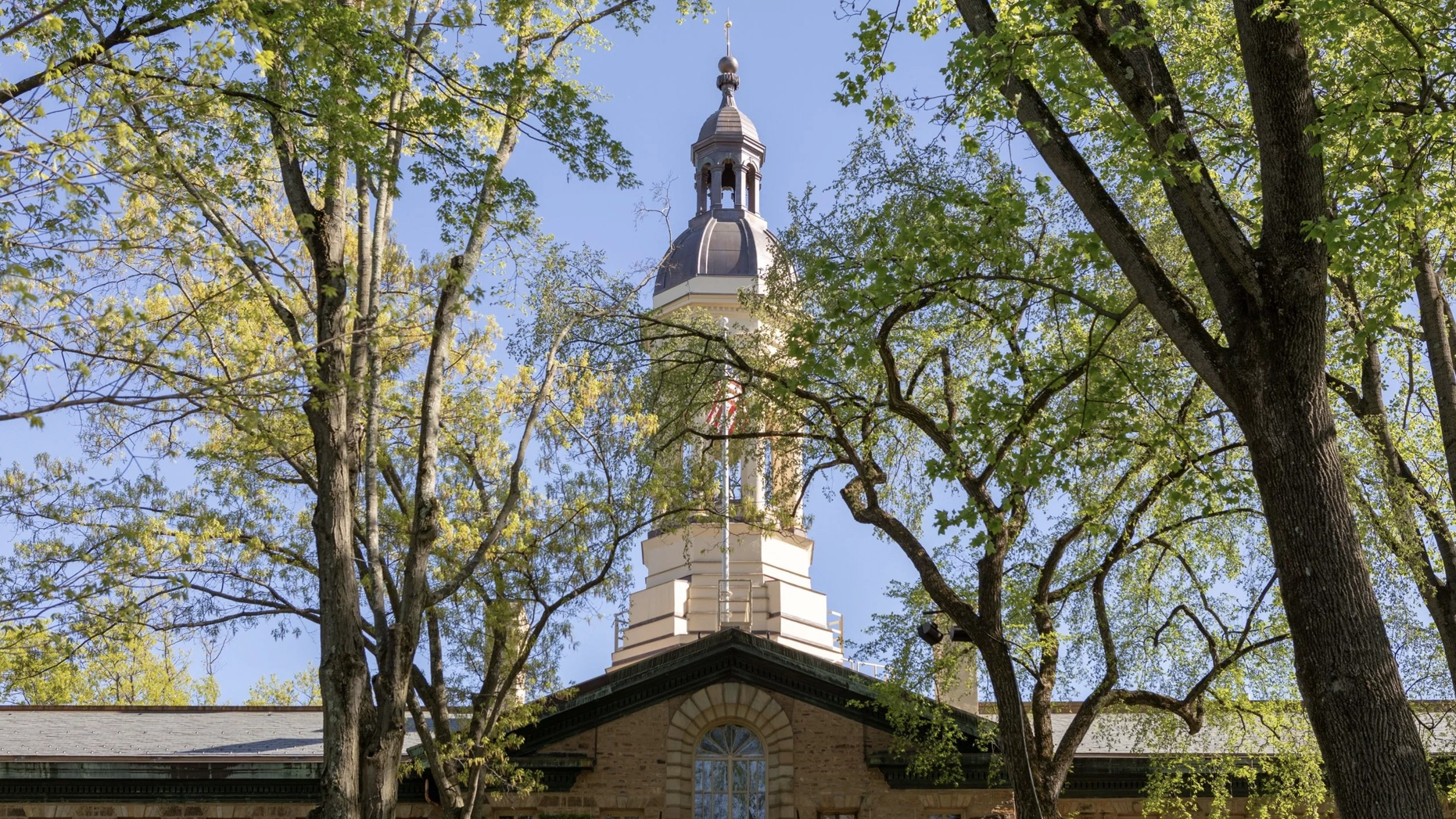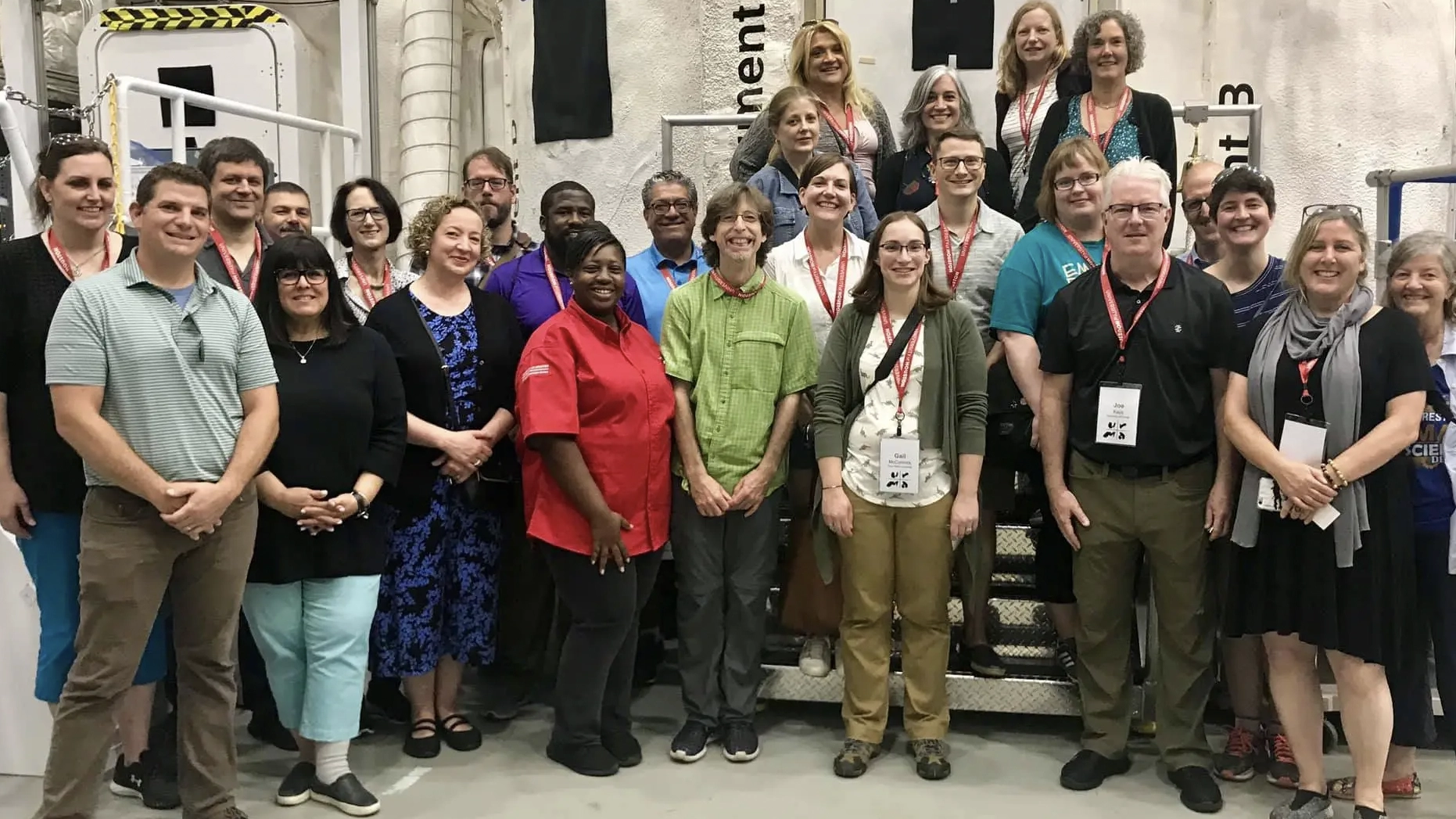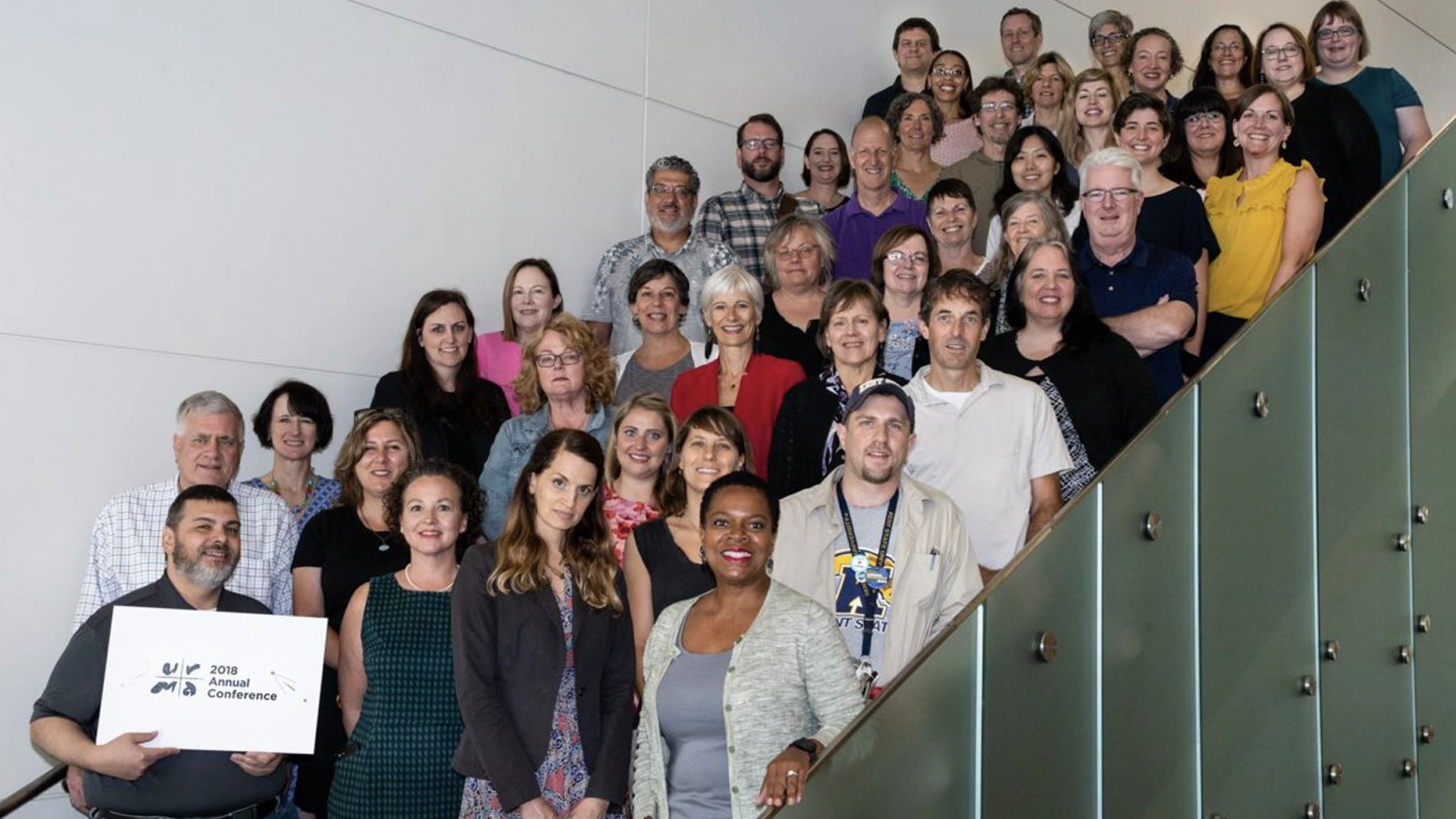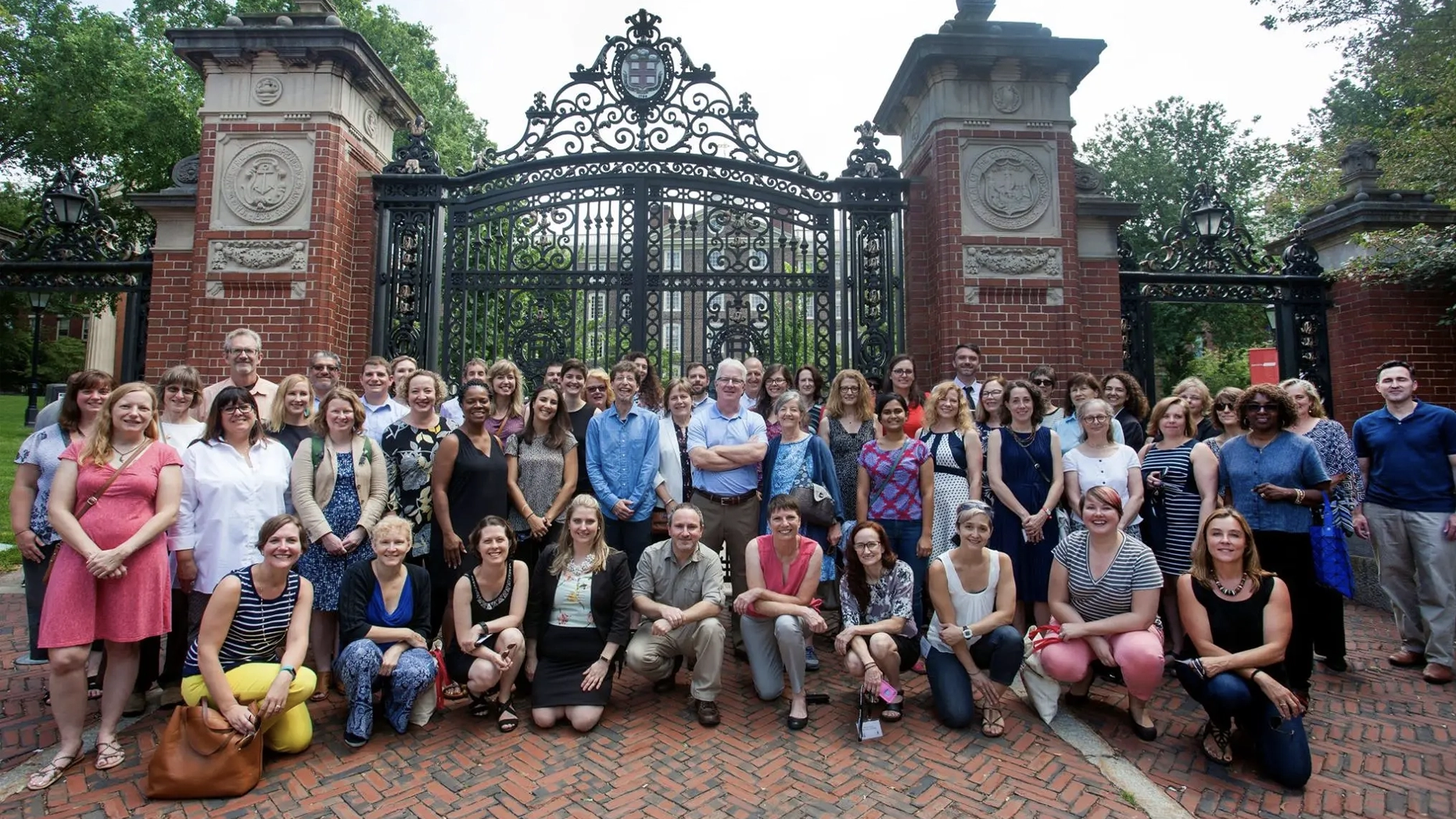Become an URMA Conference Host
There are lots of benefits to serving as a conference host — from showcasing your university or institution to our association of communications experts from across the U.S. and around the globe, to strengthening ties with communicators and researchers right on your own campus.

Why host the URMA annual conference?
URMA is the world’s only association dedicated to the success of professionals who communicate about university and institutional research. Organizing the URMA conference means hosting communications experts from top research institutions – giving you the opportunity to highlight your university or institution and its research profile.
URMA conferences are truly special. Few conferences offer the ability to connect with so many professionals who experience the same challenges and the same joys inherent in communicating about research at an institution. This is your chance to share your creativity and passion for research communications with your colleagues on a broader scale.
Hosting the URMA conference enables you to develop deeper relationships with other research institutions in your region. We encourage you to invite communicators from your own institution, as well as from nearby institutions. Building these relationships is beneficial when your institutions collaborate on research projects.
What does hosting entail?
As host, you’ll develop the conference agenda in consultation with the URMA board and in response to member feedback from the 2024 post-conference survey. You may feature your institution’s faculty and staff, as well as bring renowned outside journalists, communications professionals, and other speakers to your campus.
URMA conferences typically run from Tuesday – Friday, with Tuesday featuring a field trip to a nearby research facility or institution for a tour and conversation with the facility’s communicators. Over the years, for example, we’ve traveled to Morehead Planetarium and Science Center, The Franklin Institute, Oak Ridge National Laboratory, National Center for Civil and Human Rights, Woods Hole Oceanographic Institution, and NASA’s Johnson Space Center. We’ve also been to museums, aquariums, river tours – anywhere that people communicate about research.
Typical attendance at an URMA conference is in the range of 30–60 people. The host contributes an amount ranging from $5,000 to $20,000, depending on variables such as speakers’ fees and catering and transportation costs. URMA pays for up to 50% of the total conference cost, depending on the number of registrations and travel grant recipients. URMA sets the conference registration (typically around $300 per member) and collects registrations.
The host is responsible for creating the agenda, marketing the conference, selecting the hotel and venues, arranging transportation to research facilities and tours, and hosting a reception. Often, the reception begins with a welcome by the institution’s top research officer, such as the Vice President of Research.
When is the proposal due?
The URMA Board is accepting proposals through Thursday, August 15, 2024. Please follow the guidelines on the next tab.
Accepting proposals through Thursday, August 15
Proposal Guidelines
Maximum length:
Four pages
Suggested Content:
• An introduction highlighting what makes your research institution unique, including major strengths/programs.
• A sample conference agenda, Tuesday through Friday, briefly mapping out possible presentations, tours and other activities that might be offered each day. This agenda is not meant to be “set in stone,” but is designed to provide the board with greater insight into your campus experts and other potential speakers, research facilities and local tour opportunities. Be sure to review the FAQs for more background.
• Your institution’s financial commitment to the event (this amount has ranged from $5,000 to $20,000).
• Conference location, hotel accommodations, and access to the conference venue from major airports, etc.
Contacts:
Please list all URMA members at the institution who will be involved in the planning and organization of the conference if awarded.
Submission Details:
The URMA Board is accepting proposals through August 15. Send proposals to board@urma.org or to any board member. We look forward to receiving your proposal!
Accepting proposals through Thursday, August 15
Frequently Asked Questions
What are the benefits of hosting the URMA conference?
Hosting the URMA conference raises the profile of your institution by increasing awareness among the research communications offices of institutions in this country and abroad as well as by bringing journalists, professors, communications professionals, and other speakers to your campus. Previous meetings have resulted in collaborations between institutions and even in an occasional national story about the institution. The meeting can also serve as great professional development for on-campus staff members who might not normally be able to attend such a meeting.
What kind of financial investment does hosting entail?
That varies from institution to institution. It can cost anywhere from $5,000 to $20,000, depending upon what your institution wants to do and hopes to get out of the conference. The money goes to such things as a welcome reception, lunches with researchers, and speaker fees and travel. URMA pays for parts of the conference, including the hospitality suite.
How do we get financial support from our institution?
That varies widely. Some institutions use cost-sharing among units to spread out the costs. Other institutions procure funding from one unit.
What kind of logistical support do we need at our institution?
The conference host usually arranges for the hotel, for the venues for the talks, and any campus tours that might take place. Most institutions also host a reception, and it has become a standard to offer a field trip on Tuesday for the members who can arrive that day or Monday evening. The conference host also is responsible for the program.
What kind of help can we get from URMA?
Once the conference proposal is approved, the host is added to the URMA board listserv, where they have immediate access to the president, past president, vice president, secretary, membership chair, and treasurer, including several previous conference hosts. The host will attend all URMA board meetings, held once per month, through the conference’s end.
The URMA board has previous budgets and other information that can be shared to help people move forward in hosting the conference. The URMA board and URMA members can help with the program and can set up a conference committee made of URMA board members and regular members to assist with deciding on topics and organizing speakers and panels. URMA also assists financially, paying for up to 50% of the total conference cost, depending on the number of registrations and travel grant recipients. URMA sets the conference registration (typically ~$300 per member) and collects registrations.
How many people usually attend?
Attendance has ranged from 30 to 60 people. It varies from year to year with locations and travel budgets. The URMA board can give you a good idea of an approximate number based on these factors at your institution.
What should the program look like?
Typically, the program runs Tuesday-Friday, with Tuesday featuring a field trip to an institution or museum that conducts public outreach. The goal is to meet and learn from another institution’s communicators, tour the location, and provide a relaxed networking environment for URMA members. We have visited Morehead Planetarium and Science Center, Oak Ridge National Laboratory, Woods Hole Oceanographic Institution, NASA’s Johnson Space Center, National Center for Civil and Human Rights, the Franklin Institute, and other fascinating locations over the years.
The conference starts in earnest on Wednesday morning. A typical program might be talks on Wednesday morning and a campus tour Wednesday afternoon, talks all day Thursday, and end with talks Friday morning and the URMA business meeting wrapping up by noon.
• Some institutions host a reception Wednesday night.
• Some institutions have hosted lunches with researchers in addition to a campus tour.
• Some institutions have co-hosted and had campus tours at one place on Wednesday, another place on Thursday. You are welcome to look at past programs at urma.org while thinking about how to make the URMA conference your own.
How do we find speakers?
You want speakers and topics that will make your meeting irresistible to the membership and draw a good crowd. We will provide any relevant feedback from the 2024 post-conference survey, and we can help you conduct a survey of members to identify topics of interest. Here are other ideas for where to find speakers:
• Your faculty: If you have anyone who can talk about any aspect of research communications, from storytelling to photography, social media to podcasting.
• Your alumni: See above.
• Your staff: See above.
• URMAns: This might be people who have done something new or unusual, with their research magazines to communications training programs, or who have expertise they are willing to share in design, metrics or another hot area of interest.
• Journalists: You may be able to tap local talent or bring someone in from a regional or national publication or media outlet.
• Communications professionals: Be they freelance writers or editors, web communicators, independent designers, videographers, photographers, etc.
What is the timeline for the things that need to happen if we host URMA?
Some general guidelines:
• July/August: Secure campus support.
• September: Have dates and location selected. Announce to membership. Reserve hotel and conference rooms.
• October: Start thinking about time slots, possible speakers, a reception, and a field trip.
• November: Discuss potential conference line-up with board. Get feedback from membership.
• December: Begin lining up speakers.
• Mid-February to March: Have a preliminary program ready for the web. Open hotel reservations and send information to membership.
• April: Finalize program and speakers. Share conference updates on the listserv and at URMA Live. Procure list of conference attendees for nametags and conference materials.
• May to June: Host conference. Create and administer a post-conference survey and share the results with the board to help guide future conference direction and planning.
What if we have more questions?
That’s easy! Just contact a board member or ask a question on the listserv.


